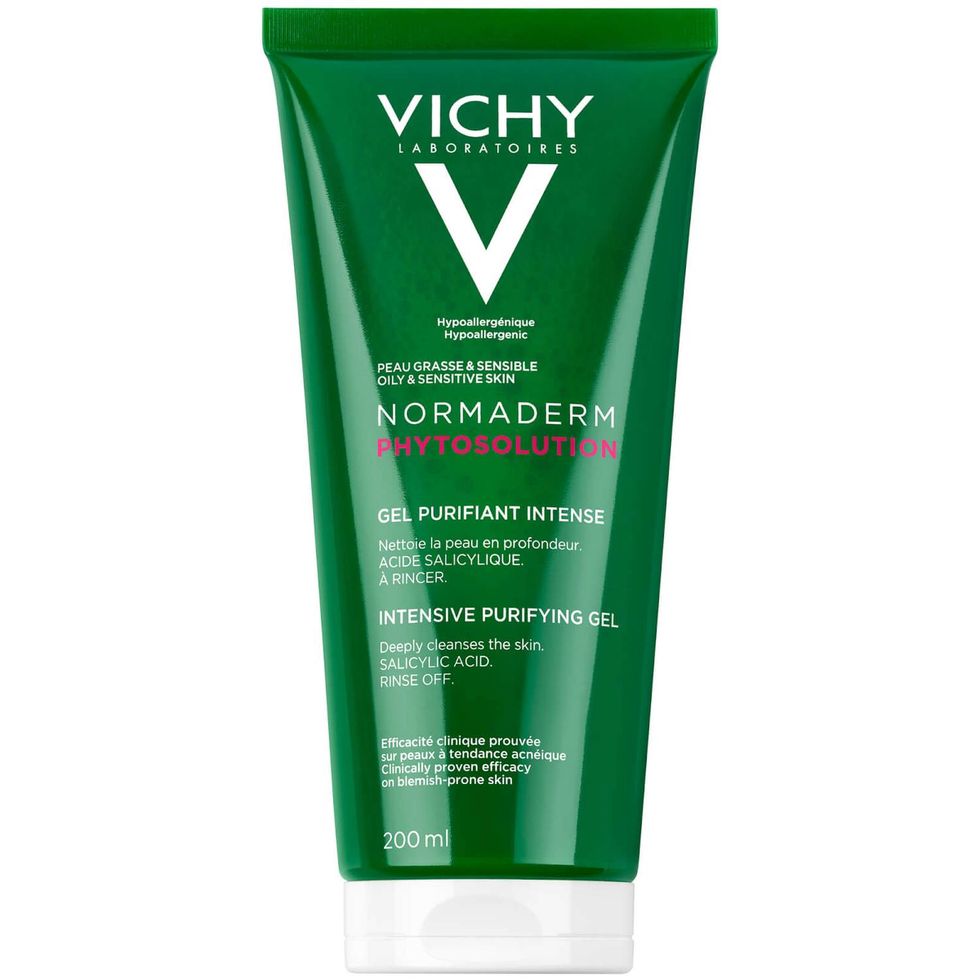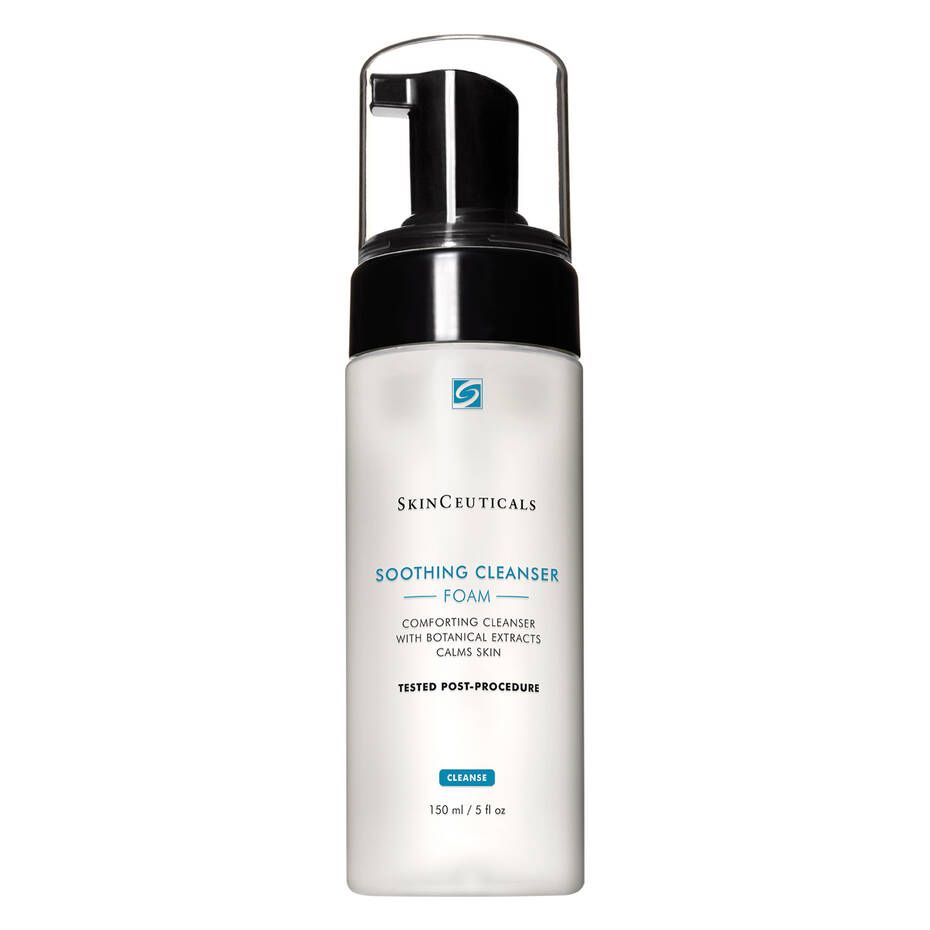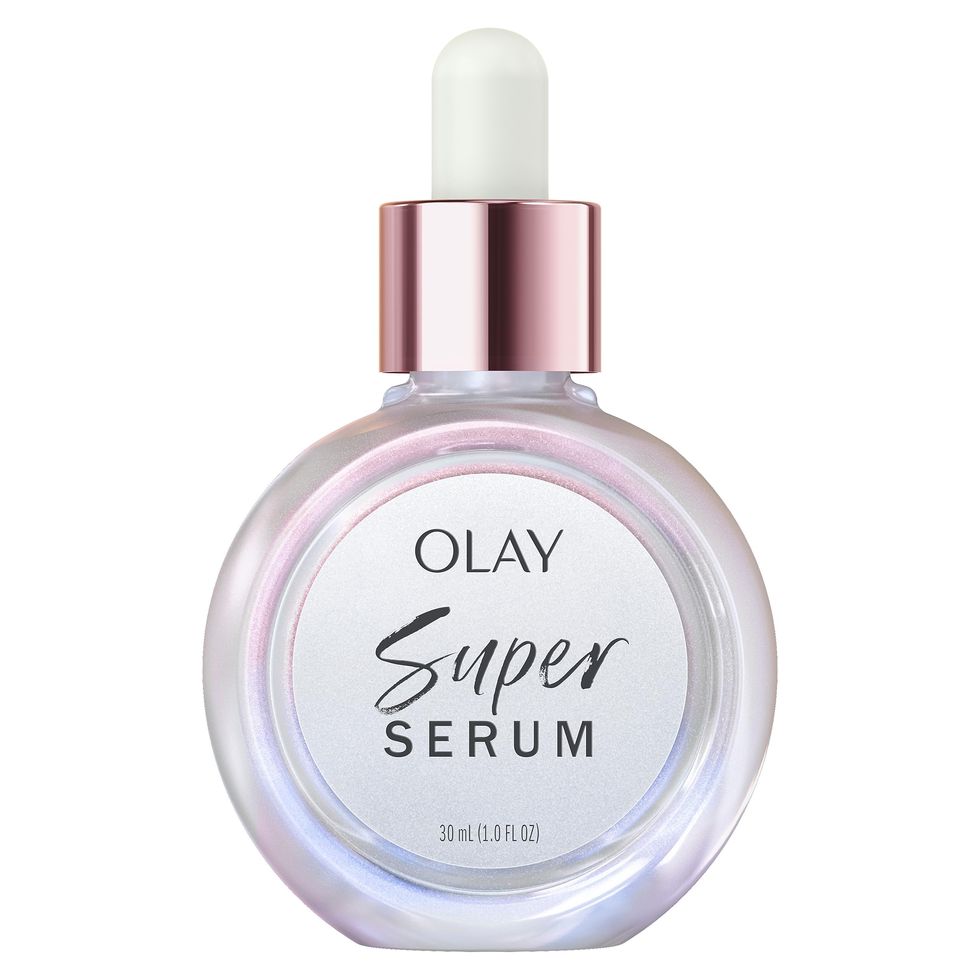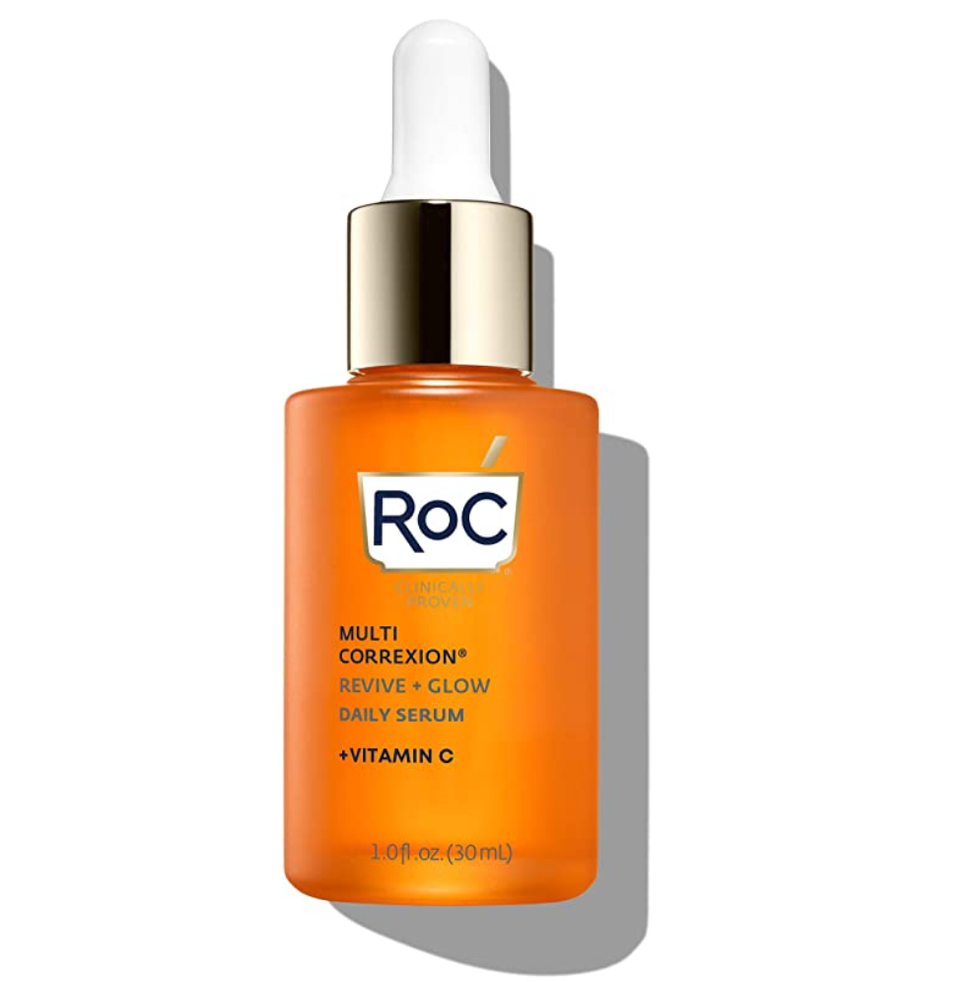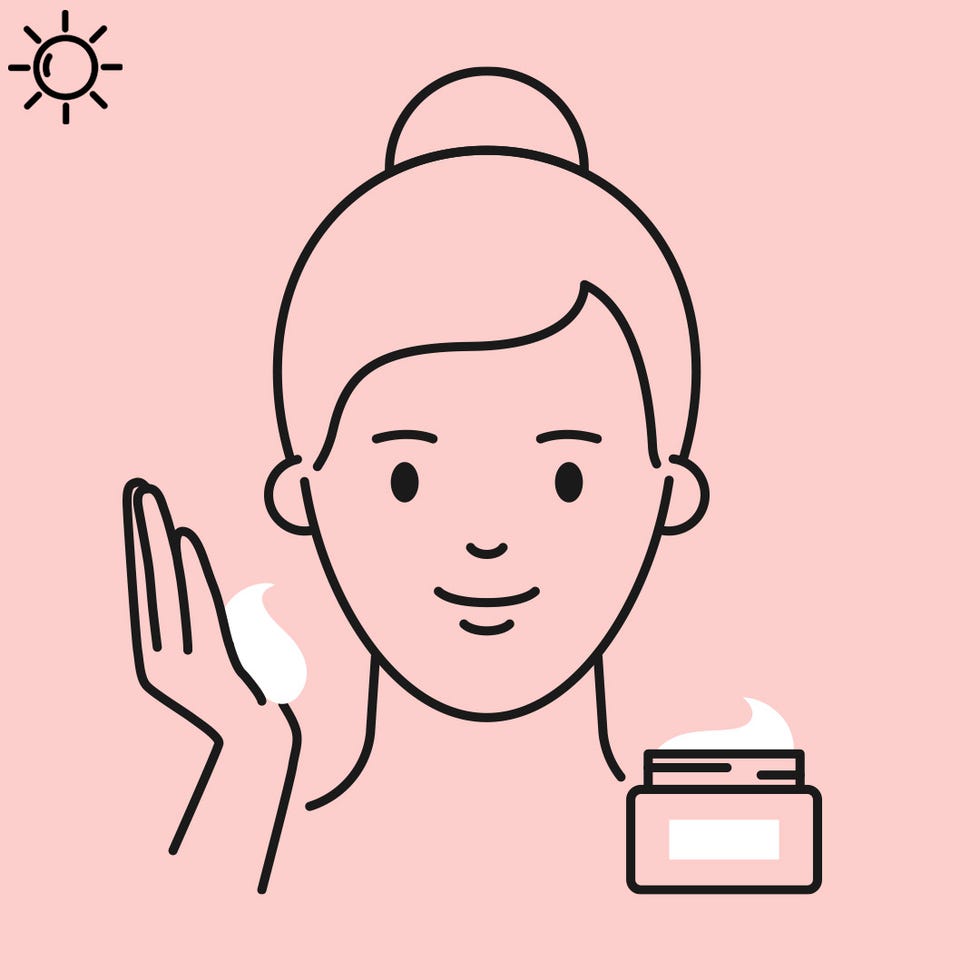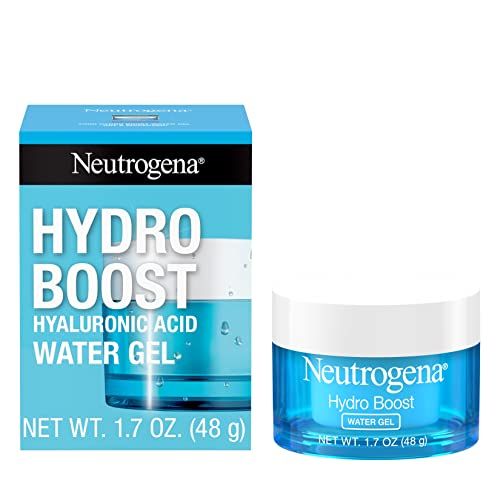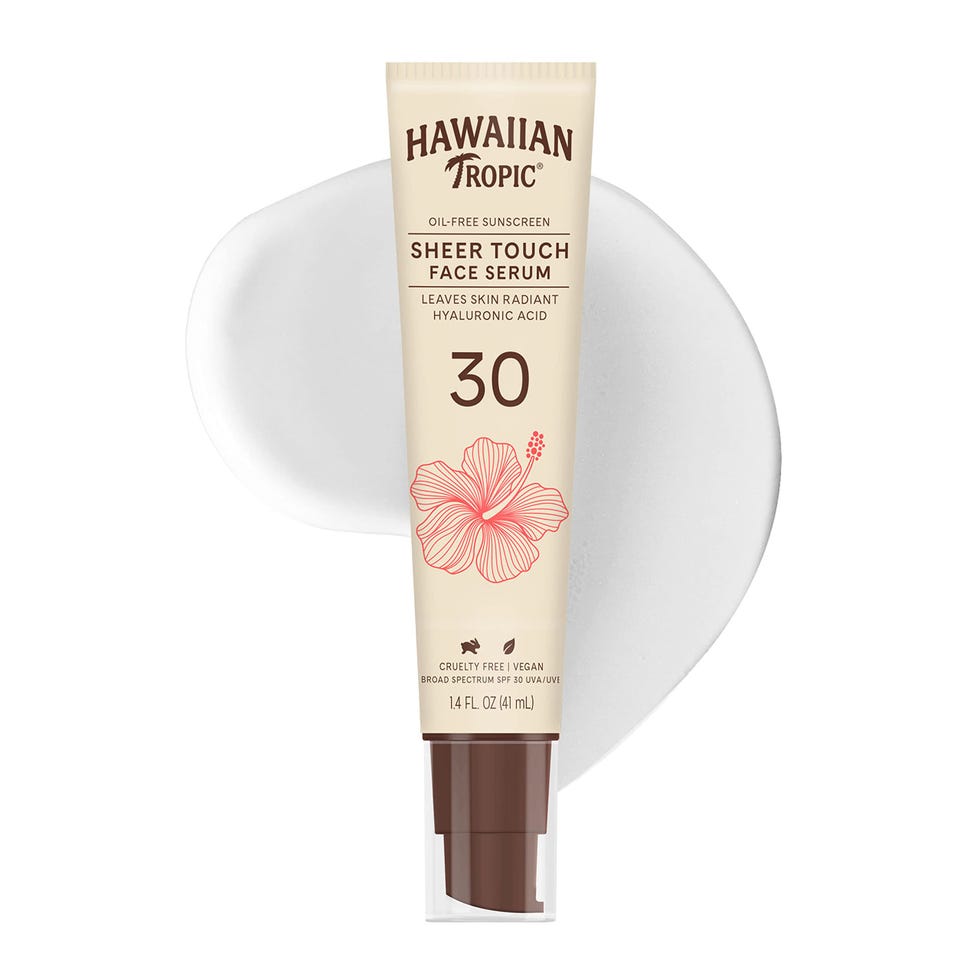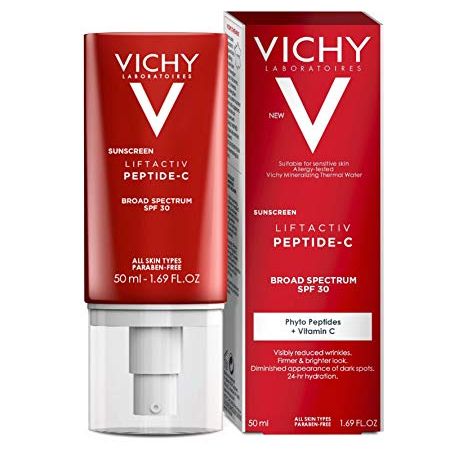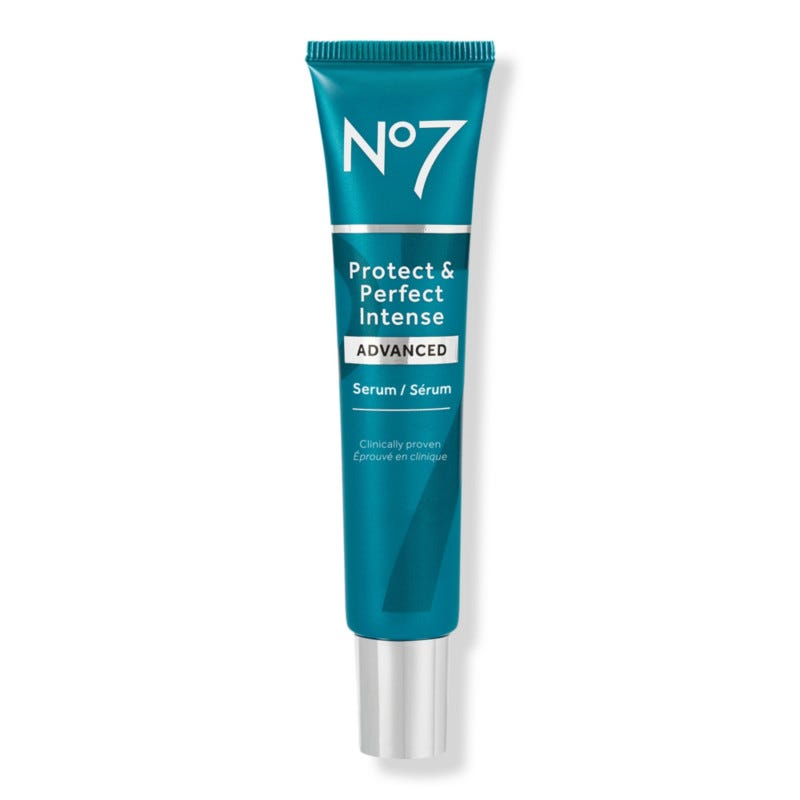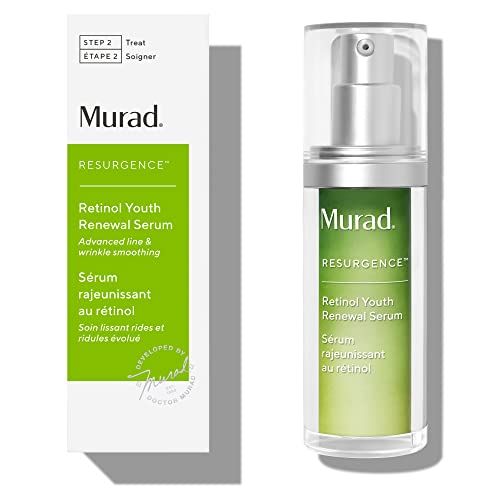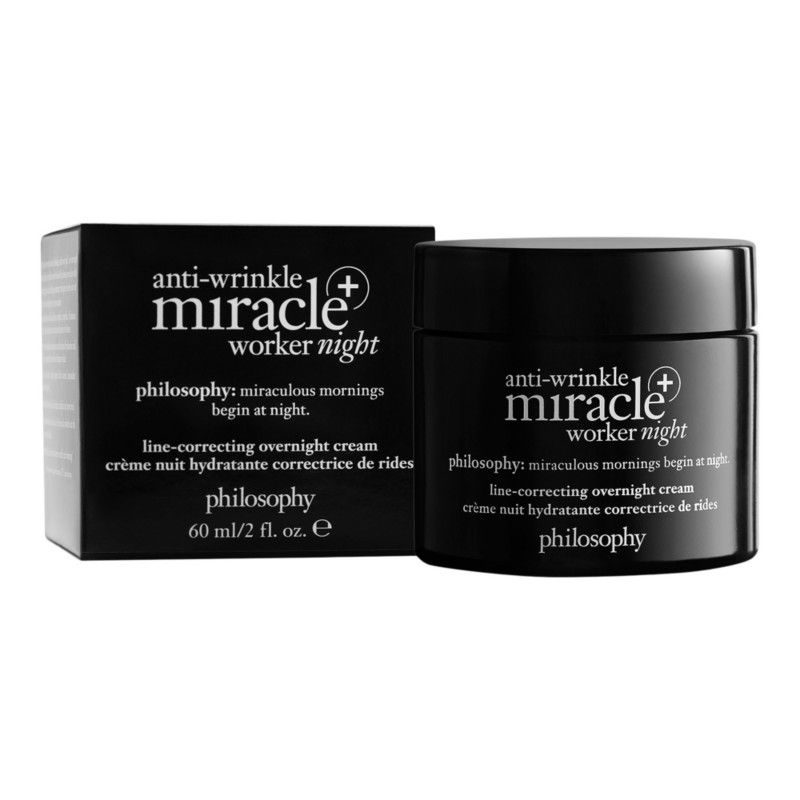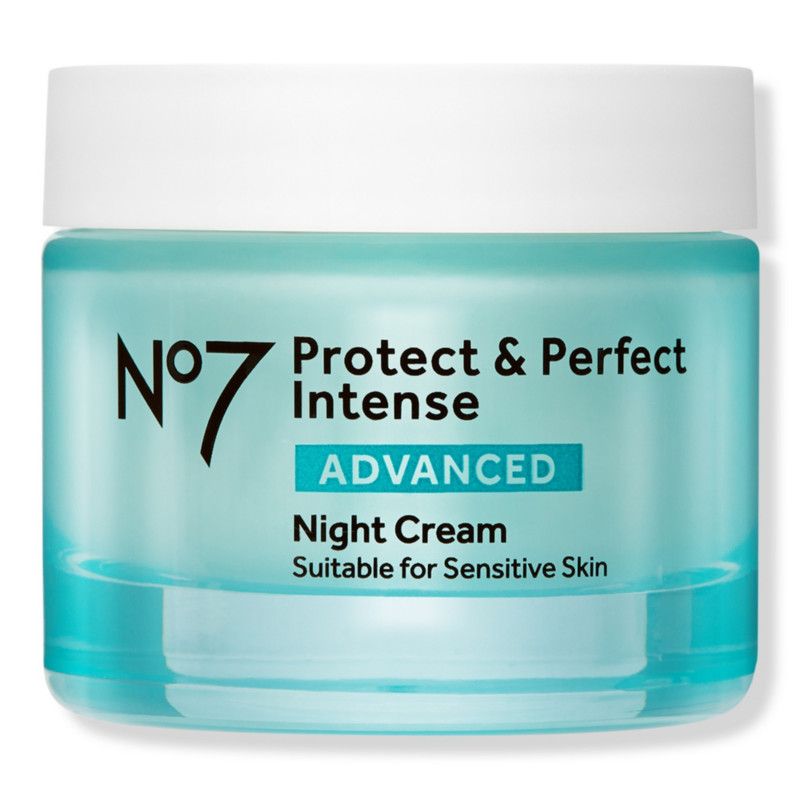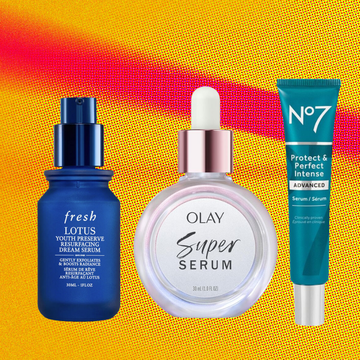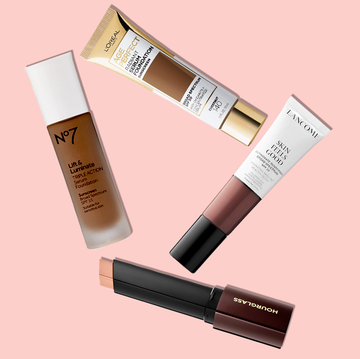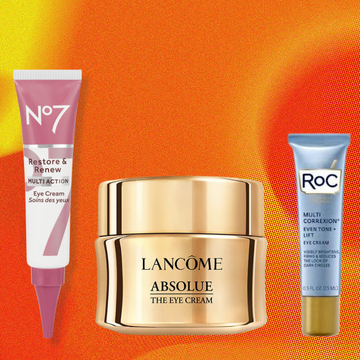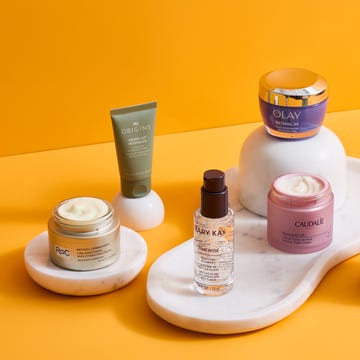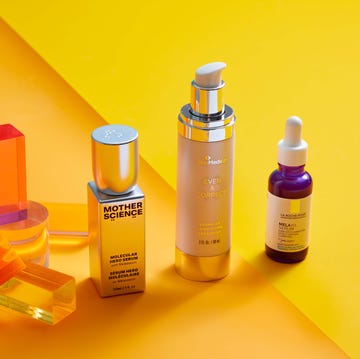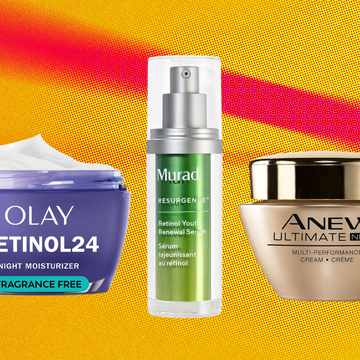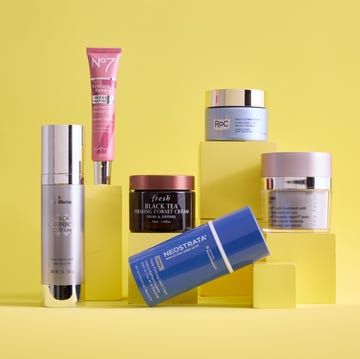Building a skincare routine can seem impossible when there are aisles upon aisles of products to choose from at your local drugstore—never mind the endless cycle of beauty content on Instagram or TikTok.
Take the "morning shed" for example. This routine suggests people apply layers upon layers of skincare products before bed and "shed" them in the morning. While it may work for some, this is a classic example of more not always being better—trying this trend could cause irritation to the skin.
Scientists in the Good Housekeeping Institute Beauty Lab cut through the clutter by consulting top dermatologists to help you build the best, most effective skincare routine for all skin types. Complexion perfection starts now.
Meet the Experts
- Ashley Magovern, M.D., a dermatologist in Manhattan Beach, California
- Whitney Bowe, M.D., a dermatologist in New York City
- Jennifer David, D.O., a dermatologist in Philadelphia
- Marnie Nussbaum, M.D., a dermatologist in New York City
- Sabina Wizemann, Good Housekeeping Institute Beauty Lab Director
- Tonya McLeod, M.D., a dermatologist in Charlotte, North Carolina
- Mona Gohara, M.D., a dermatologist in Connecticut
- Y. Claire Chang, M.D., a dermatologist at UnionDerm in New York City
How do I start a daily skincare routine?
To get the most benefit from a daily skincare regimen, no matter what your skin type, you should start with three basic steps, according to Ashley Magovern, M.D., a dermatologist and owner and founder of Manhattan Dermatology in Manhattan Beach, California:
- Cleanse
- Treat
- Moisturize
You probably already know that cleansing means washing your face and moisturizing means hydrating your skin, but what does "treating" involve? Well, in addition to keeping your complexion in great shape, the goal of any skincare routine is to target problem areas. Treating means incorporating face serums packed full of beneficial skincare ingredients like vitamin C, retinol, and alpha hydroxy acids, depending on your skin type and the results you want to see.
"Adding a middle step in between the cleansing and moisturizing components is really important," Dr. Magovern says. "It can make a huge difference over time in the health, appearance, and aging of your skin." There are other bonus steps you can add to your skincare routine depending on your needs and the time of day, including applying toner, sunscreen, and eye cream.
Stick with it! Good things come to those who wait—and that includes skincare routines. Even the best skincare products take time to work, so don't expect results overnight. If you commit to a consistent, daily routine, you can likely expect to see some benefits within six to 12 weeks—and it can often take at least three to four months to know if your routine is really working.
Here, the best dermatologist-approved daily skincare routines for morning and night, including the steps and the proper order, plus GH Institute Beauty Lab's top-tested product picks.
Morning Skincare Routine Steps
1. Cleanser
Face cleansing should be the first step in any skincare routine, as it clears away impurities and excess oil that can clog pores and dull skin. But be gentle: “Many people cleanse too often or use a cleanser that’s overly harsh, which will actually break down your skin’s protective barrier,” Dr. Magovern says. If you have dry or sensitive skin, try washing only at night and rinsing your face with water in the morning.
The best face wash formulas will gently cleanse your skin without stripping it of healthy oils. “A [good] sulfate- and soap-free cleanser for the face will be pH-balanced and gentle to maintain the skin’s barrier without stripping,” says Whitney Bowe, M.D., a dermatologist in New York City and author of The Beauty of Dirty Skin. For everyday cleansing, here's how to choose a face cleanser based on your skin type:
- Oily skin: A foaming or gel cleanser will ensure adequate removal of dirt and oil from your skin; ingredients like niacinamide and salicylic acid can help regulate and remove excess oil.
- Acne-prone skin: A foaming cleanser with acne-fighting ingredients like salicylic acid, glycolic acid, benzoyl peroxide, or sulfur is your best bet.
- Dry skin: Look for a lotion, cream, oil, or balm formula that contains hydrating ingredients like ceramides, glycerin, hyaluronic acid, and botanical oils.
- Sensitive skin: Try a gentle fragrance-free formula or a micellar water, a mild cleanser that includes tiny particles called micelles that trap impurities and lift them away without dehydrating skin.
2. Toner
Toners are skincare liquids that are applied to dry skin after cleansing using fingers, a cotton ball, or cloth, and before using other leave-on skincare treatments like serums and moisturizers. A good toner can help ensure your skin is totally clean and grime-free, plus give it an extra dose of active ingredients.
You don’t need a toner, but swiping one on can be a great way to refresh skin, remove any residual debris and balance pH, Dr. Magovern says. If you're looking for additional complexion-purifying and brightening benefits, today's toners are much more advanced than the drying alcohol- and astringent-based formulas of the past, packed with skin-boosting benefits that can leave skin glowing. Here are the ingredients you'll want to look for, based on your skin type:
- If you have acne-prone skin, look for a toner with hydroxy acids, including salicylic acid and lactic acid, which increase cell turnover to help clear pores.
- For dry or sensitive skin, seek out a hydrating toner (or its sister, a facial essence) made without parching alcohol and with ingredients like glycerin and hyaluronic acid to soothe.
- For combination skin, opt for gentle exfoliants, hydration boosters, and antioxidants like vitamin C, vitamin E, and green tea, which can combat free radicals and prevent skin damage.
- For oily skin, look for astringents, such as alcohol or witch hazel, that tighten pores.
3. Serum
A serum tailored to your skin concerns can both treat and protect, delivering concentrated amounts of powerful ingredients that can address a number of complexion issues, from wrinkles to dark spots to dryness. Just be sure to read the labels carefully, because some serums are best used in the morning, while others are ideal for nighttime.
One serum anyone can benefit from in the morning? An antioxidant serum, which will prevent the formation of free radicals and lessen the signs of aging over time. Vitamin C is considered the gold standard antioxidant. “Everyone should use vitamin C, no matter what age,” Dr. Magovern says. “It helps reverse a lot of the skin damage we get from the sun and pollution.”
For darker skin tones, hyperpigmentation can be a common issue, and using a vitamin C serum in the morning can also help reduce dark spots, says Jennifer David, D.O., a dermatologist in Philadelphia and founder of Skin & Scripts Virtual Dermatology.
In addition to antioxidant serums, you can try anti-aging serums featuring the following ingredients to address wrinkles and fine lines:
- Hyaluronic acid: It draws moisture into the skin, combating dryness and dullness and also plumping skin.
- Niacinamide: A form of vitamin B3, this brightener helps even skin tone, boosts collagen production and calms inflammation.
- Retinoids: The vitamin A derivative stimulates cell turnover to increase collagen production and reduce wrinkles and hyperpigmentation. Retinol is best used at night.
- Peptides: Made of amino acids, they are the building blocks of collagen and can boost its production to smooth lines and increase skin's firmness.
4. Eye Cream
Eye creams are different than face creams because they’re formulated specifically for the delicate eye area, which ages faster than the rest of your face—and therefore fall into the "treat" category, too. If you're concerned about fine lines, wrinkles, a lack of firmness, dark circles, or undereye bags and puffiness, you may want to incorporate an eye treatment product into your routine.
To target dark circles, seek out niacinamide or vitamin C; and for puffiness, use a formula with caffeine, advises Marnie Nussbaum, M.D., a dermatologist in New York City and clinical instructor of dermatology at Weill Cornell Medical College. For wrinkles and sagging, look for eye creams with peptides and retinol. In addition, "vitamin K can help brighten dark undereye circles and hyaluronic acid hydrates dry skin," says Deanne Mraz Robinson, M.D., a dermatologist in Westport, CT and assistant clinical professor of dermatology at Yale School of Medicine. To treat multiple eye area issues, shop for a combo of these ingredients targeted to your needs.
When applying eye cream in the morning and at night, lightly tap on a formula targeted to your eye-area concerns using a finger to avoid tugging on the delicate area and causing damage.
5. Moisturizer
Next come face moisturizers, which keep your skin soft and hydrated and help strengthen its barrier. If you have oily or acne-prone skin, opt for a lighter moisturizer during the daytime, such as a lotion or gel that will absorb quickly and won’t pill under makeup. If your skin is dry, try a thicker formula, like a cream. Either way, dermatologists recommend moisturizers for all skin types year-round, since hydrating is crucial for keeping skin youthful and healthy. “Look for ingredients like ceramides or hyaluronic acid, since they are the building blocks of moisture retention in skin,” Dr. David explains.
Expert tip: Massage moisturizer in as you apply it, which will increase its absorption, plus improve circulation.
Here's how to pick a moisturizer formula, based on your skin type:
- Dry skin: A rich cream packed with emollients, humectants, ceramides, and occlusives is key to quenching dryness.
- Oily or acne-prone skin: Look for light lotions or gel-based formulas labeled "non-comedogenic" or "oil-free."
- Sensitive skin: Seek out formulas that are hypoallergenic and free of potential irritants, like fragrance and alcohol.
6. Sunscreen
Dermatologists agree: Sunscreen is the most important step in any skincare routine for every skin type and age. “If you don’t wear sunscreen, you might as well not do any of the other steps,” Dr. Magovern says. “The sun is the number one reason skin ages prematurely.” The damage isn’t only cosmetic, no matter what your skin color: “People of color can and do get skin cancer,” Dr. David says. “Plus, if you’re treating hyperpigmentation without daily SPF use, it’s like taking two steps forward and one step backward.”
Good to know: Protecting your skin from the sun is important even if you're spending your days indoors, as UV rays can penetrate through windows.
Smooth on a nickel-sized dollop of broad-spectrum SPF 30 or higher face sunscreen as the last step in your morning skincare routine, including on your neck and the backs of your hands, 30 minutes before you head outside. If you want to minimize the steps in your routine, you can use a daily moisturizer with SPF instead of applying a moisturizer and SPF separately.
There are two main types of sunscreen formulas:
- Chemical sunscreens are made with chemical ingredients like avobenzone and homosalate, which absorb UV light that comes in contact with skin.
- Physical sunscreens (a.k.a. mineral sunscreens) contain mineral ingredients like zinc oxide and titanium dioxide, which reflect UV light off of skin.
Some SPF formulas include both chemical and physical ingredients. If you have sensitive skin, dermatologists generally recommend mineral and pure zinc-oxide sunscreens. For those with oily skin, look for non-comedogenic, oil-free serum, lotion, or gel formulas. If you have dry skin, avoid spray or gel sunscreens with alcohol. People with darker skin tones may prefer chemical sunscreens to avoid the white cast of some physical formulas, though brands have begun to produce mineral formulations without a chalky appearance.
Night Skincare Routine Steps
It's important to switch up your skincare routine at night—and not just because you don't need SPF while you sleep. Evening is the perfect time to hydrate or treat complexion concerns, since your skin regenerates and repairs itself while you snooze, Dr. Magovern says. (Hence the term "beauty sleep.")
You'll still follow the same simple three steps—cleanse, treat, and moisturize—but at night, the regimen will look a little bit different.
1. Cleanser
First, remove the day's makeup and grime. Start by applying a separate makeup remover, if needed, to take off any cosmetics. “Cleansers are not necessarily designed to dissolve makeup, especially on eyes, and haven’t done so effectively in our testing,” says GH Beauty Lab Director Sabina Wizemann. Follow with the same cleanser as in the morning, working from the inside of the face up, then out and down along the hairline and perimeter to just underneath the chin, she suggests.
2. Toner
If you’re opting for a toner, apply it the same way you would in the morning. Because they’re liquids, toners should go on before heavier formulas like serums and moisturizers so they can absorb into skin.
3. Serum or Treatment
Night is an ideal time to use products with ingredients that slough off dead skin cells or stimulate cell turnover while you sleep, such as alpha hydroxy acids like glycolic acid or retinol, Dr. Magovern says. These ingreidents smooth texture, brighten skin, and minimize pores. (Some serums can be used day and night; follow the packaging instructions.)
4. Eye Cream
Gently dab an eye cream, or a small amount of your face serum or treatment, around your eyes. “You don’t have to use a lot, but if you start training your skin to tolerate more active products around the eye, you’ll see more change,” Dr. Magovern explains.
5. Acne Treatment
If you currently have a blemish (or a few), apply an acne treatment at this time. For chronic breakouts, be proactive by using an acne serum all over your face rather than treating pimples as they pop up, Dr. Magovern advises. “If you just treat the spot, you’ll get acne right next to it if your skin is clogged,” she says. “You’re getting breakouts because oil is building up, so be consistent with your regimen to keep pores all over your face clear.” (If using a retinoid, let skin adjust before trying acne formulas like salicylic acid.)
6. Night Cream
Moisturizing is especially crucial at night, as it creates a barrier that seals in skin’s natural hydration and any active ingredients to counteract moisture loss that happens as you sleep. You can apply the same non-SPF day moisturizer at night, but for deeper hydration or targeted anti-aging benefits that help repair damage from the day, opt for a night-specific formula.
"Where regular moisturizers focus on improving the natural moisture barrier of the skin only, night creams contain active ingredients that assist with improving the skin beyond adding moisture," explains Tonya McLeod, M.D., a dermatologist in Charlotte, North Carolina.
7. Face Oil
It's not a necessary step, but if your skin is still feeling parched, applying a face oil can be an effective way to help lock in moisture overnight. “A lot of people think that if they have acne or oily skin, they’ll break out with an oil, but it’s not true,” Dr. Magovern explains. “It can actually really help soften skin.” For a nourishing boost, pat on a face oil as a last step once the rest of your leave-on skincare products dry—just be sure to apply by pressing it into your skin, not rubbing it in.
More Skincare Routine Questions
Should I invest in any special tools or skincare gadgets?
Beyond a basic washcloth, you don't need any specific supplies for your skincare routine, but certain at-home skin tools and gadgets can deliver added benefits. Here are some worth trying:
Should I be using a face mask regularly?
Face masks can give your skin an immediate boost. Incorporate one into an at-home facial regimen once or twice per week by applying it on your clean, dry face, avoiding the eyes and mouth (unless the mask is made for those areas). Remove it per packaging instructions, and follow with other leave-on skincare products as directed or needed.
Whether you're opting for a DIY skin treatment, a sheet mask or an overnight mask, you want to make sure you're choosing the right face mask for your skin type:
- Oily skin: Use a mask with ingredients like clay or charcoal, which will absorb oil.
- Dry skin: Look for words on the label like “hydrating,” “moisturizing,” or "nourishing" and ingredients like hyaluronic acid, glycerin, plant oils, and butters.
- Sensitive skin: Seek out anti-inflammatory ingredients such as aloe and oat.
- Combination/balanced: Try a face mask that targets your current skin goals or treat different areas with different masks.
What about exfoliation?
Facial exfoliation is a technique that removes the skin's outer layer of dead skin cells in order to make it smoother, brighter, and clearer—yet a GH survey revealed that nearly half of women skip it in their skincare routine. There are three main types of exfoliation, each with different functions that work best for different skin types, concerns and needs.
Physical exfoliants can be applied two to three times per week in the morning or evening after cleansing. Chemical exfoliants can be applied once a week, morning or evening after cleansing, for sensitive or dry skin and three times a week maximum for other skin types. Combo exfoliants can be applied weekly up to daily, but follow the specific product's instructions.
Does this skincare routine work for all skin types?
Yes, it's a good general guideline and starting point for any type of skin. Remember that it's just that: a starting point and can and should be tweaked and customized according to your complexion's needs. What works perfectly for your skin may not for someone else and vice versa. Finding your ideal daily routine can take trial and error, but these are the right tools to get you on your way to healthy, glowing skin.
What's the best skincare routine for rosacea?
"Keep it simple," says Mona Gohara, M.D., a dermatologist in Connecticut and associate clinical professor of dermatology at Yale School of Medicine. "Rosacea-prone skin is sensitive and subject to flushing, irritation, and redness." She suggests using a gentle, non soap cleanser, a barrier-repairing moisturizer, and sunscreen daily. "Avoid potentially irritating ingredients such as AHAs, BHAs, and retinols," she adds.
What's the best skincare routine for combination skin?
"For those with combination skin, a good skincare routine should maintain hydration without exacerbating oiliness," explains Y. Claire Chang, M.D., a dermatologist at UnionDerm in New York City and Clinical Instructor at Mount Sinai Hospital. In the morning, start with a mild face cleanser, followed by a hydrating essence "to soothe and balance skin," an antioxidant serum, and a lightweight, oil-free moisturizer (either with sunscreen or finish with a separate face SPF), she recommends.
"Gentle exfoliation two to three times per week can also help prevent clogged pores and even out skin texture," Dr. Chang says. At night, repeat the same cleanser and essence, then swap in a treatment serum like one with retinol to address individual skin concerns (acne, signs of aging) and follow with a night cream and eye cream if desired. "Apply a fingertip-sized amount of moisturizer to the face, focusing on drier areas while lightly covering oilier zones," she suggests.
What's the best anti-aging skincare routine for wrinkles?
In addition to focusing on keeping the skin hydrated and protected, the GH Beauty Lab suggests using products with ingredients that accelerate cell turnover and encourage collagen production, such as retinol and peptide complexes. "For your morning skincare routine, we suggest keeping it simple: starting by cleansing the face then apply an antioxidant serum (ideally containing vitamin C, niacinamide, or polyphenols like resveratrol) to protect against free radicals that cause premature aging," says Wizemann. Next, use a lightweight moisturizer and eye cream to soften and plump skin and, of course, SPF 30 or higher to protect from UV light.
For the evening routine, Wizemann suggests swapping in an eye cream and facial product (serum or moisturizer) with a retinol or retinoid—if skin can tolerate it—or collagen-boosting peptides. "It's also beneficial to incorporate more occlusive and emollient creams at night to lock in moisture and aid in skin repair." Last, "chemical exfoliants (such as AHA or BHA) that remove dead skin cells and enhance skin texture should be used once a week; just be sure it isn't the same day as your retinol treatment," she adds.
What’s the best skincare routine for hyperpigmentation?
"If you have hyperpigmentation, the most important part of your daily routine is committing to daily sunscreen use," says Wizemann. "This will prevent future sun damage and skin darkening." Aside from the standard cleansing, moisturizing, and SPF, it's important to include products containing active ingredients like vitamin C, kojic acid, arbutin, and niacinamide. "These ingredients help diminish dark spots by limiting melanin production and evening out pigmentation," she says. "They can be found in serums, eye creams, and moisturizers for both daytime and nighttime use as well as in some facial cleansers."
Since cleansers are quickly rinsed off, relying solely on them may not yield optimal results. Additionally, Wizemann suggests introducing retinoids into the nighttime routine, "as they encourage cell turnover and reduce pigmentation," and exfoliating weekly with an AHA.
What should I do if my skin gets irritated from my routine?
If you experience any type of irritation, "go back to the basics: cleanse, moisturize, use SPF, and repeat," advises Dr. Gohara. "Then slowly reintroduce products one at a time to see if you can identify a culprit." Remember, skin changes over time so what may have worked for your skin before may not now.
Sabina (she/her) is the director of the Beauty, Health & Sustainability Lab at the Good Housekeeping Institute, where she has overseen skincare, haircare and makeup testing since 2012. She also reviews applications, substantiates claims and evaluates products for the GH Seal and the Beauty Awards and Sustainability Awards programs. She has a B.S. in chemistry from Ithaca College and more than 16 years of experience working in the pharmaceutical and personal care industries.


